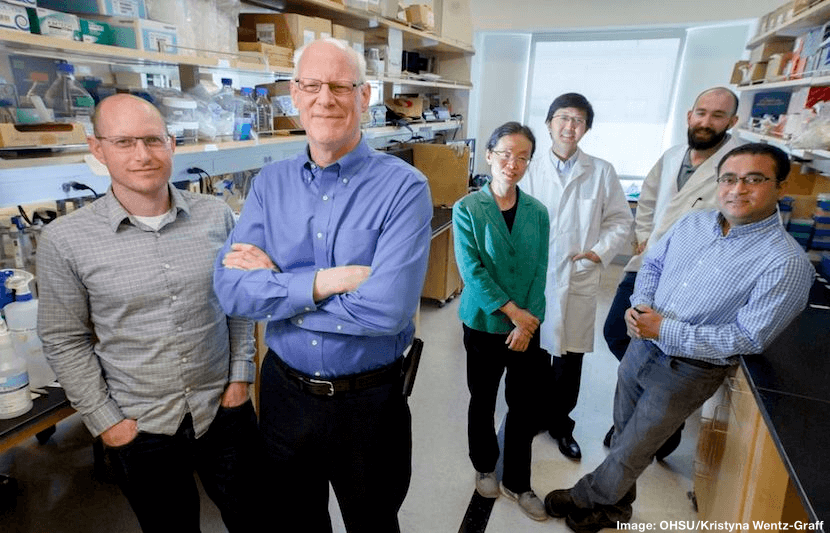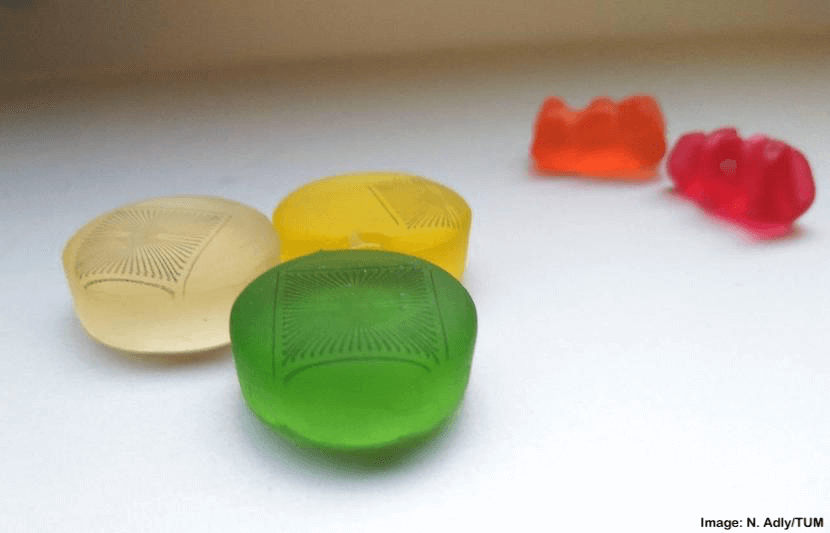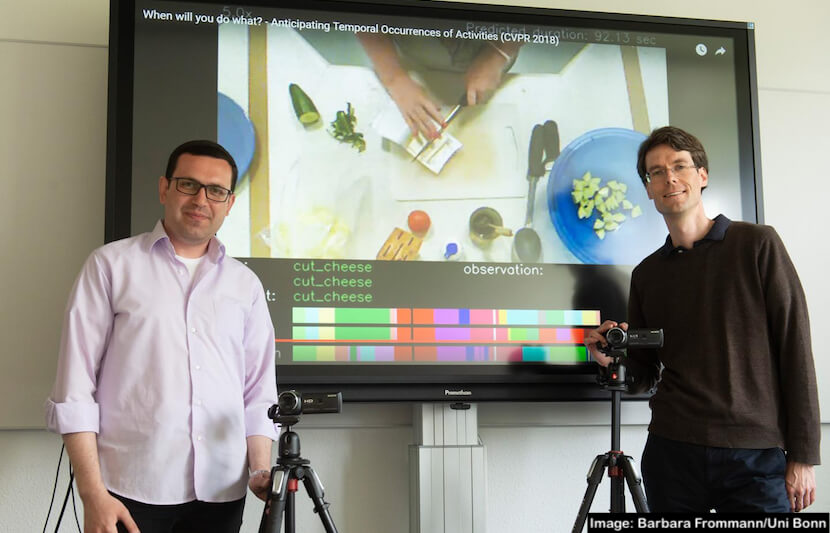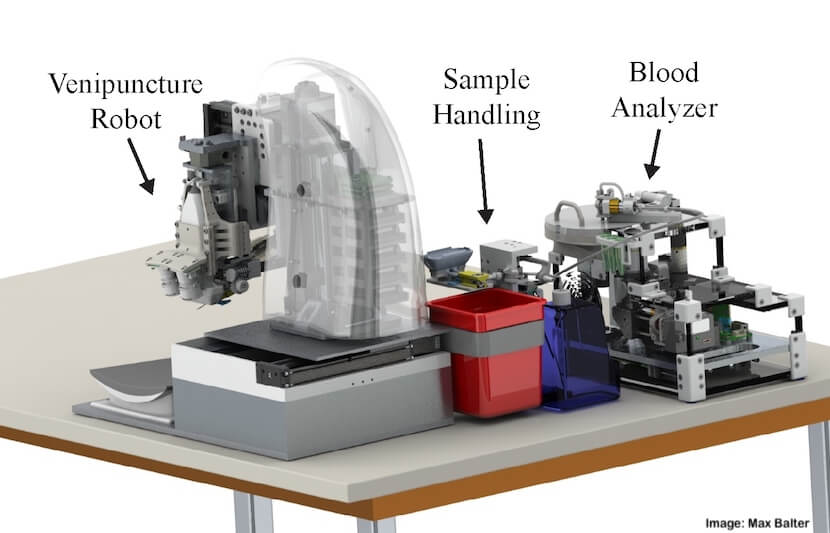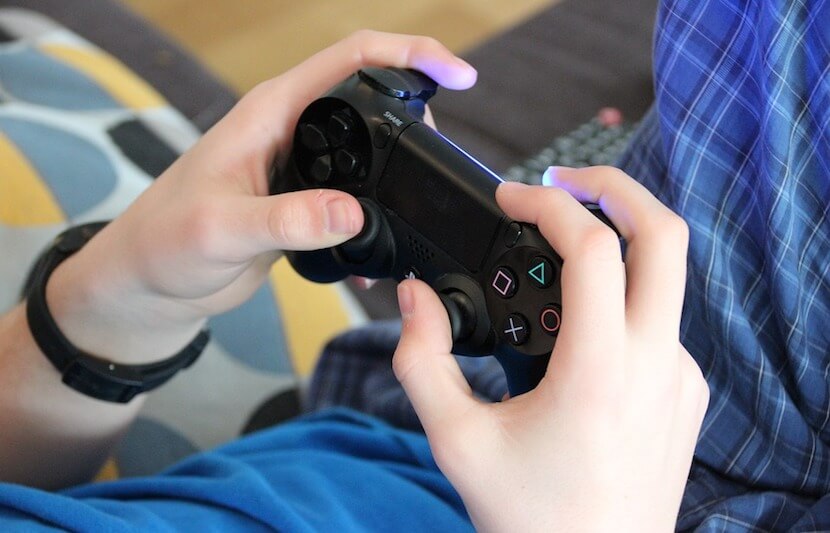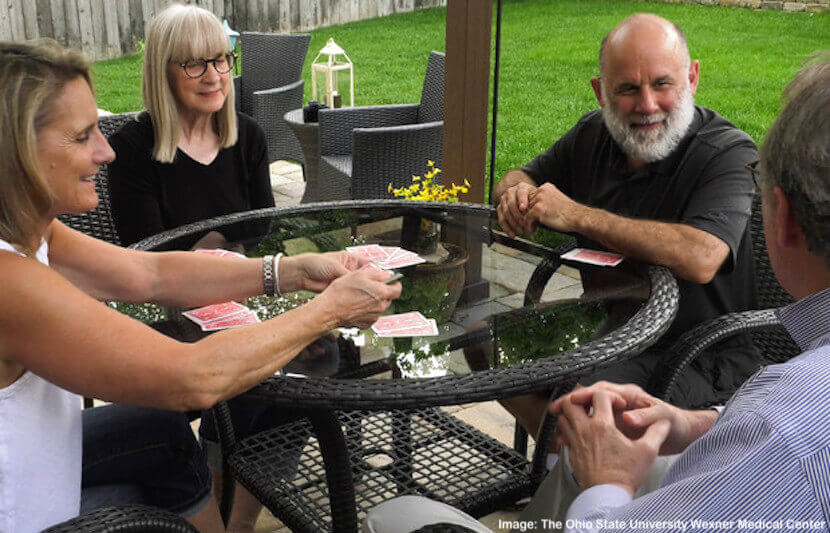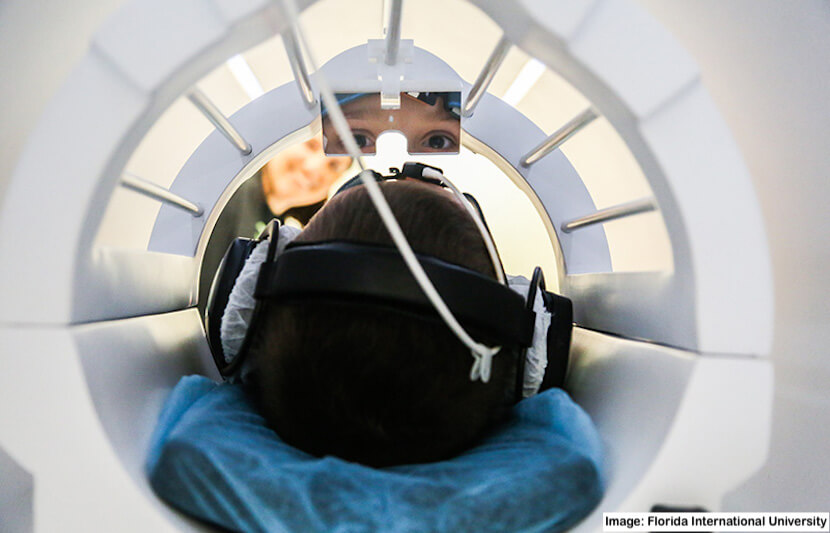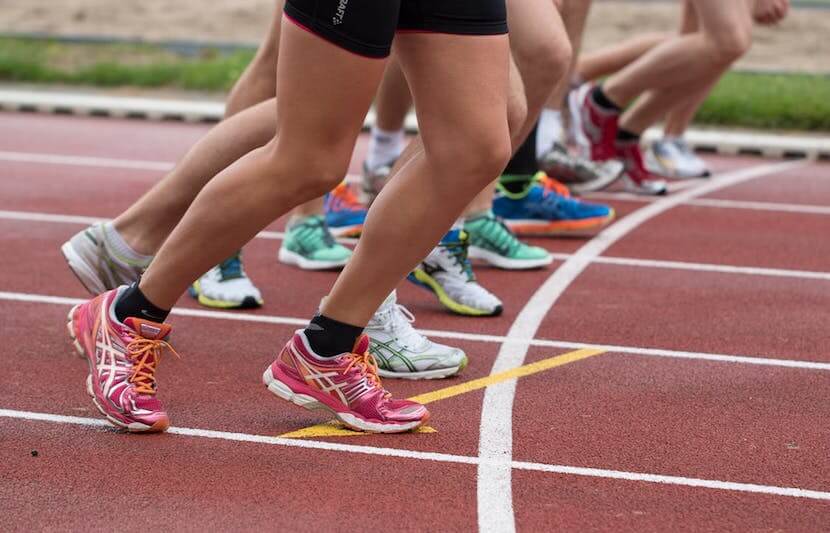-
New Drug Compound Can Stop Cancer From Spreading
Half of the battle when fighting cancer is making sure the infected cells don’t spread throughout the body. It could be the difference between life and death. Now, for the first time, a team of researchers has discovered a drug compound that can make cancer cells stay put. “Movement is key: the difference is black… Read More
-
Scientists Print Medical Sensors onto Gummies
After nearly 100 years of satisfying the taste buds of kids and adults, alike, gummi bears may finally have a greater purpose. A team of researchers has developed a method to print microelectrode arrays onto gummy candies, gelatin and other soft substrates. This new method will provide a cheap, fast way to develop microelectrodes that… Read More
-
Scientists Discover New Form of Photosynthesis to Help Identify Alien Life
Researchers have discovered a new type of photosynthesis that should rewrite the textbooks and change the way we search for alien life. This discovery alters our basic understanding of photosynthesis. “It shows that the energy-demanding process of oxygenic photosynthesis can work with less energy,” said Bill Rutherford, a professor in the Department of Life Sciences… Read More
-
Toothpaste And Hand Soap Are Also Creating ‘Superbugs’
Researchers from the University of Queensland (UQ) in Australia have discovered that an ingredient found in many of our personal hygiene products is contributing to antibiotic resistance. The guilty ingredient, triclosan, is used in many toothpastes, soaps, detergents, cosmetics and surgical cleaning treatments. In recent years, it has become apparent that overuse of antibiotics is… Read More
-
Computer Program Can See 5 Minutes Into the Future
Computer scientists from the University of Bonn in Germany have developed a self-learning computer program that can look several minutes into the future. This development will enable robots to anticipate the actions of humans, allowing machines to work side by side with people. “If the action a robot should do depends on the action… Read More
-
Automated Robot Speeds Up Blood Draw and Diagnosis
Researchers at Rutgers University have developed an automated robotic device that can quickly draw blood and provide diagnostic results. The device could improve workflow in health-related institutions, allowing practitioners more time to treat patients. A paper describing the device is published in the journal Technology. “This device represents the holy grail in blood testing technology,”… Read More
-
Does Religion Impact How We Sleep?
A good night’s sleep is critical to one’s health. Trouble sleeping can amount to heart disorders, mental health problems, increased laziness, issues with family and friends and a decline in academic performance. Now, researchers have determined that people with higher religious involvement have healthier sleep habits. “Individuals who are more religious tend to enjoy better… Read More
-
How Our Brain Tricks Us Into Hearing Repeated Words As Song
Spring of 2018 will forever be remembered for the “Laurel” or “Yanny” battle. The four-second audio clip had families and friends in disbelief, unable to comprehend how anyone could hear anything different from what they heard. The great debate, as repetitive as it was, shed light on the misleading nature of audio perception. Now new… Read More
-
Algorithm Shows Right Amount of Coffee to Drink for Peak Alertness
Drinking the right amount of coffee can be a tricky task. If you don’t drink enough, you could sleepwalk through the day, but if you drink too much, you can become wired and lightheaded. Those days may be behind us. Researchers have developed an algorithm that is pivotal to maximizing alertness with caffeine. The technique… Read More
-
Screen Time Can Cause Insomnia, Depression in Teens
A new study indicates that higher amounts of daily screen time can cause insomnia and depression in young people. Today, teenagers and adolescents spend a great amount of time texting, gaming, web-surfing, watching videos and scrolling through social media on their devices. These habits are damaging their mental health. “Higher rates of depressive symptoms among… Read More
-
New ‘Privacy Filter’ Protects Online Personal Information
Every time you, your family or friends upload a photo or video to a social media platform, facial recognition algorithms learn more about who you are, who you know and where you are. To account for people’s privacy concerns, researchers at the University of Toronto (U of T) have developed an algorithm that can disrupt… Read More
-
A Healthy Social Life Can Save Grandma’s Memory
Having strong social ties can cause memory improvement in old age, according to a new study by The Ohio State University researchers. They determined that mice living in groups developed better memories and had healthier brains than mice living in pairs of two. “Having lots of friends probably boosts your memory while having fewer makes… Read More
-
Learning Physics Can Activate New Parts of the Brain
A new study shows that solving physics problems opens up a new part of the brain that is not traditionally associated with learning. Researchers from Drexel University and Florida International University (FIU) claim that their work shows that brain activity can be altered by specific forms of instruction. “We think there is a good reason… Read More
-
Leg Exercise Deemed Pivotal for Brain Health
It’s common knowledge that a healthy body is reliant on a healthy brain, but a new study shows that the ability to walk, run, crouch and use leg muscles to lift things also benefits the brain and nervous system. Researchers from two universities in Italy — the University of Milan and the University of Pavia… Read More
-
Are We Using Our Smartphones More Than We Think?
When was the last time you looked at your smartphone? For most people, checking for a text, email or update has become second nature, and now research proves that we look at our smartphone more often than we are even aware of. A team from two universities in the UK — Lancaster University and the… Read More


